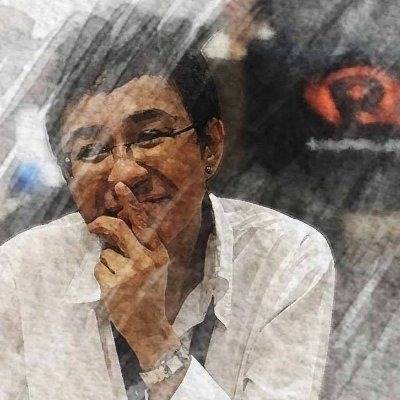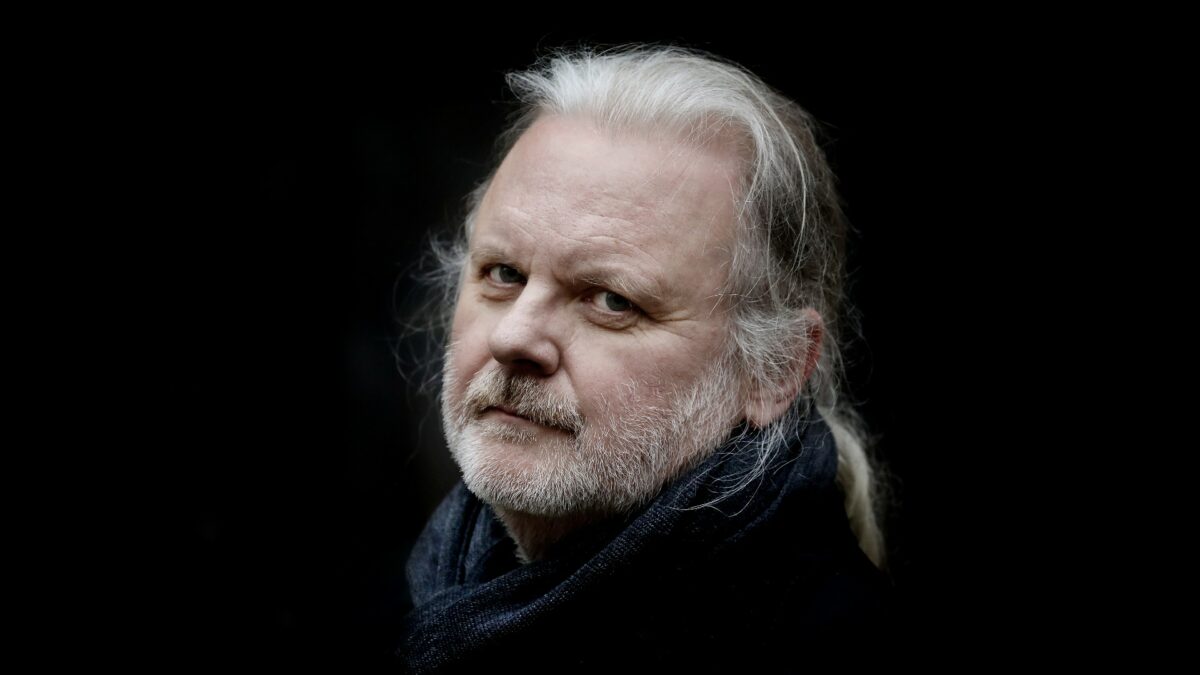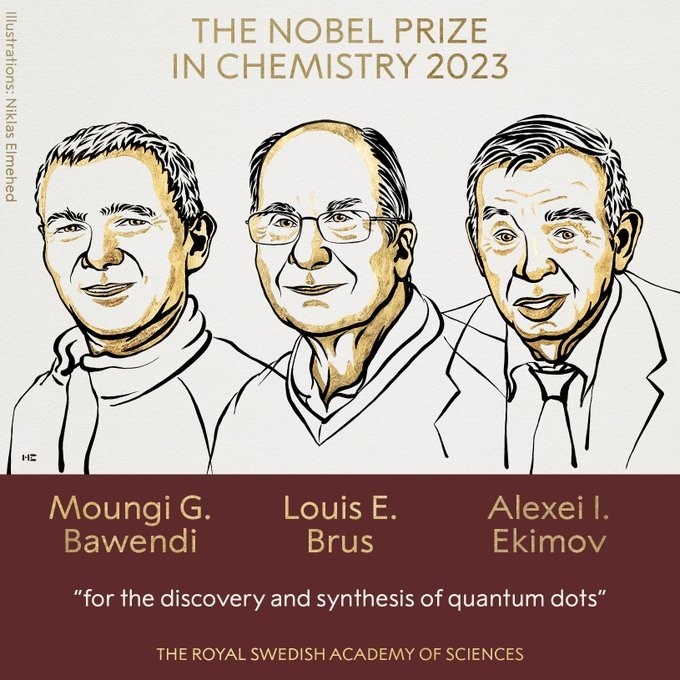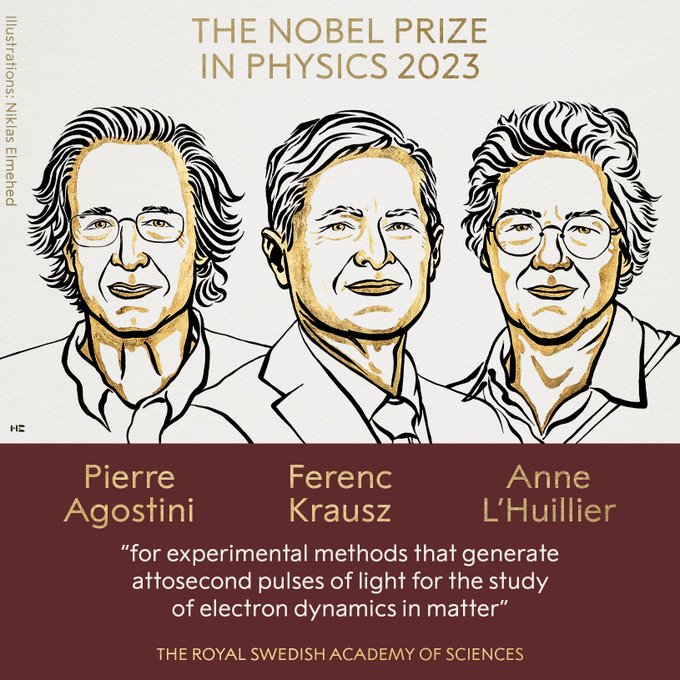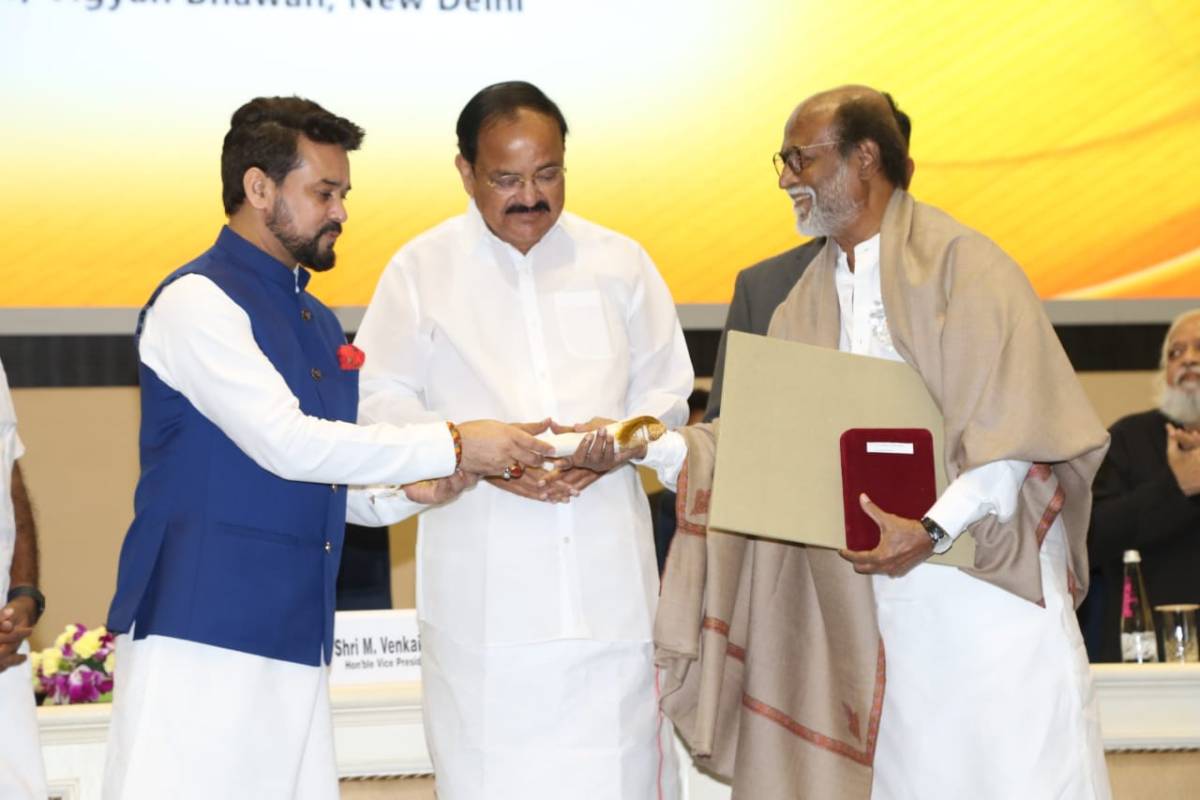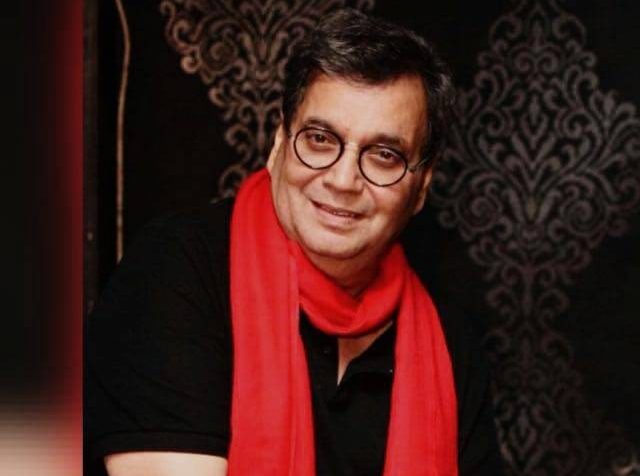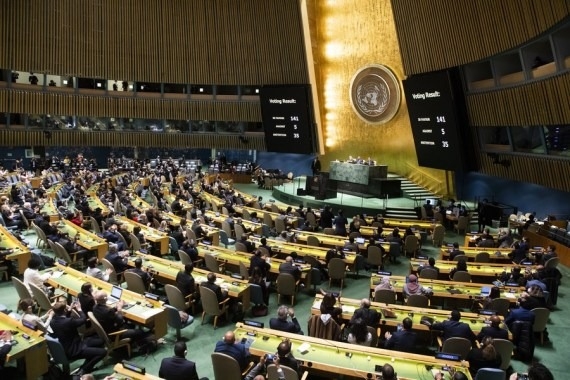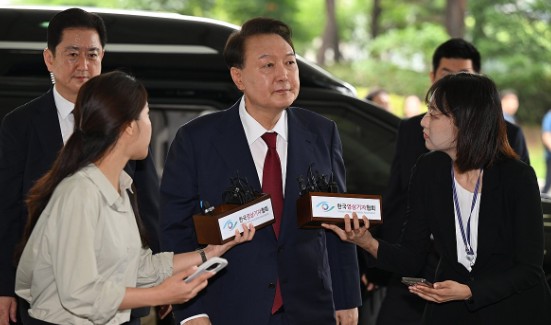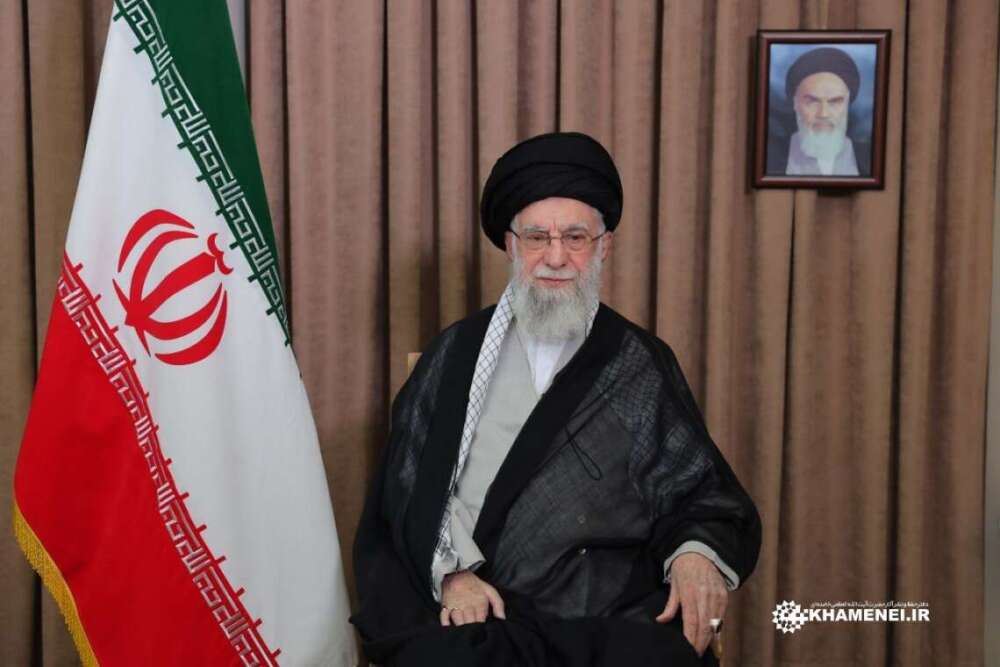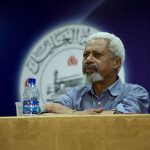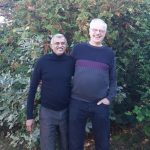Ressa now is filling in the blanks around Zuckerberg (and Sandberg and Facebook). And the atom bomb part is part of Silicon Valley commentator Kara Swisher’s New York Times op-ed headline this weekend…reports Nikhila Natarajan.
A Nobel Peace Prize spotlight isn’t what Facebook boss Mark Zuckerberg is used to. But he’s getting it. Big time.
The timing couldn’t be harsher. It comes amidst pushback from whistleblower Frances Haugen, Wall Street Journal investigations, and long-time nemesis Tim Cook of Apple splicing at the foundations of Facebook’s $84-billion advertising revenue model.
Enter Maria Ressa, a journalist, the first winner in her tribe – alongside Russian Dmitry Muratov – since German Carl von Ossietzky in 1936, spitting fire, calling out Zuckerberg (and his deputy Sheryl Sandberg) by name, even linking Facebook to the atom bomb.
As context, in the press announcement on October 8, the Nobel committee lauded the Filipina’s work against her country’s President, Rodrigo Duterte, but fell tactfully short of naming Zuckerberg or Facebook.
Ressa, they said, “uses freedom of expression to expose abuse of power, use of violence and growing authoritarianism in her native country, the Philippines (and) uses freedom of expression to expose abuse of power, use of violence and growing authoritarianism in her native country, the Philippines… has shown herself to be a fearless defender of freedom of expression. Rappler (her platform) has focused critical attention on the Duterte regime’s controversial, murderous anti-drug campaign. The number of deaths is so high that the campaign resembles a war waged against the country’s own population….(Rappler) also documented how social media is being used to spread fake news, harass opponents and manipulate public discourse.”
Ressa now is filling in the blanks around Zuckerberg (and Sandberg and Facebook). And the atom bomb part is part of Silicon Valley commentator Kara Swisher’s New York Times op-ed headline this weekend.
In their 45-minute Sway podcast on which the NYT indictment rests, Swisher asked Ressa: “Do you think your Nobel Prize will be a wake-up call for people like Mark Zuckerberg to listen to you? I think it should be. Or the Facebook whistleblower, Frances Haugen’s testimony before Senate. Will that be a wake-up call for them? Do you think that’s the case?”
The Nobel laureate launched thus: “I think it was a bad week, the week of the Nobel Prize because what Frances Haugen did was the tipping point in terms of – well, first politics. The bipartisan – both Democrats and Republicans finally coming together. But I thought it was great that they came together on Facebook’s own reports about the impact on teenagers. But I thought it was really bad that they didn’t extend that to what that means for the people on the front lines, for the human rights defenders, for journalists, that what this means is that insidious manipulation. It’s not because the teenagers are weak mentally. It’s that the weaknesses of human beings’ biologies are being exploited by these platforms.”
“So again, do you think it’s a wake-up call for them? I don’t. I think they’ve moved into defence mode, very significantly,” Swisher, who has 1.4 million Twitter follows, asked.
“I got to remain optimistic. I think you’re probably right because of the money involved. And that’s something that also took me a few years because I believed – and maybe, I know I wrongly believed – that like news organisations, they would take the responsibility of the public sphere seriously. They certainly hired a lot of journalists at a certain point. I do think they exploded an atom bomb in the information ecosystem. And it cannot happen again. And it keeps happening again, every day. So I hope they listen,” Ressa replied.
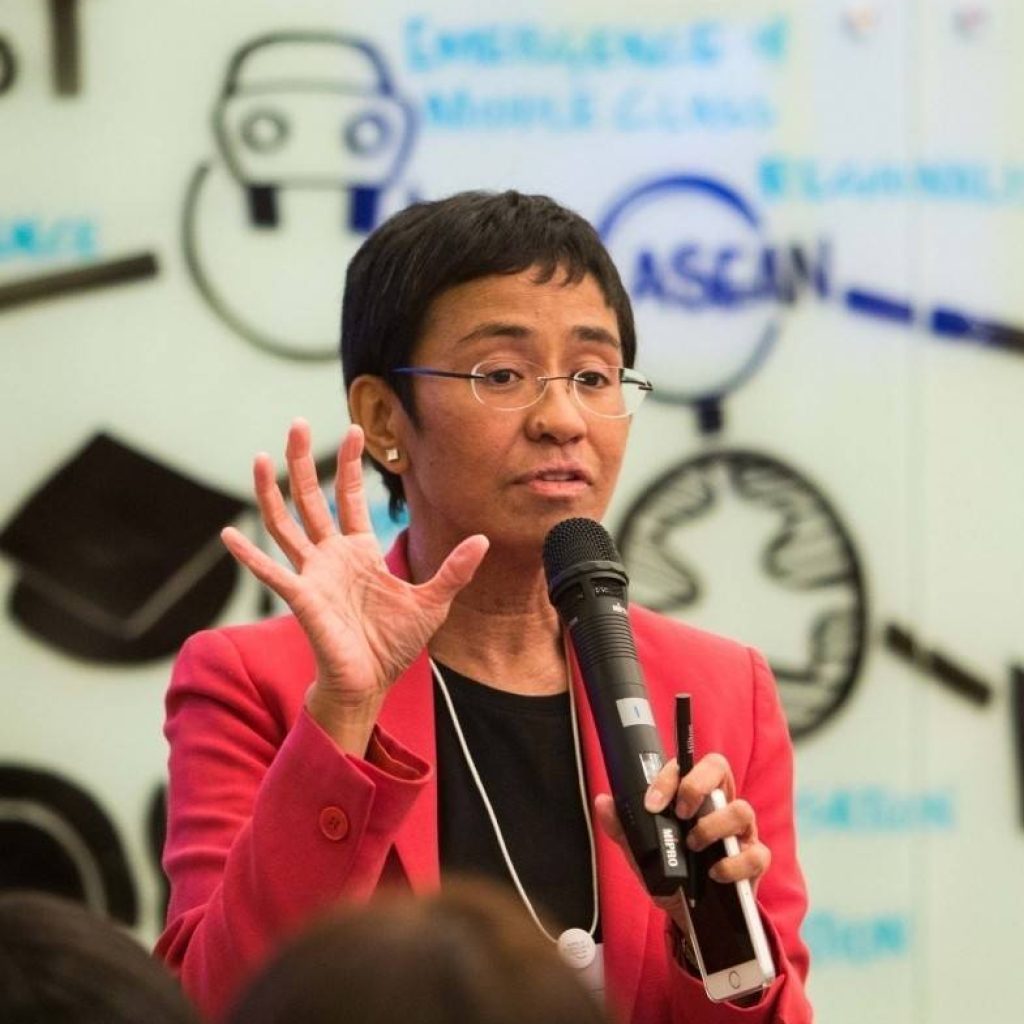
“Let’s talk about Facebook as a weapon. About 70 million Facebook users in the Philippines out of a population just north of 100 million. It’s a huge megaphone. What are the main strands of misinformation and disinformation that Facebook helped spread in the region?,” Swisher continued.
“All the meta-narratives that you have, right, like Duterte is the best leader in the world. The Pope said Duterte is, and then all the congratulations. I think the first step was to take out the DDS. It used to be the Davao Death Squad. And within a few weeks of him taking office, DDS began to stand for Duterte Diehard Supporters. How you can watch in plain view while words that were negative were turned positive. So it started by spinning the narrative propaganda, but propaganda on steroids. And then after that, they went after potential critics,” Ressa replied.
“Like me and Leila de Lima, who’s a Senator now, who’s serving her fifth year in prison. It’s almost like that was the fertiliser before the government took actions. It’s always bottom up on social media and then top down. The weaponisation of the law was always preceded by the weaponisation of social media. And Facebook was that. And I think the other part is now that as we walk into our May elections, this is the greatest danger. We will not have integrity of elections if we don’t have integrity of facts. And that’s why I continue to appeal to these American companies to put guardrails, voluntarily do it, turn up the dial on news, which we now know is possible. They did it, and then they realized, oh, no, there’s less engagement, meaning we make less money. So let me turn it back down and let the lies proliferate, right?”
At this point of time, Swisher names Zuckerberg. “So you personally warned Mark Zuckerberg about the dangers of Facebook in the Philippines, and you asked him to come see what was happening for himself. Can you talk about that encounter?”

“Yeah,” Ressa said, “this was in April of 2017 on the sidelines of the F8 Conference that they have. Before then, I had already spoken to at least 50 different officers and people working inside Facebook because by August 2017, we were under full attack. 2016 to 2018 was when we watched our information ecosystem get torn down and our world turned upside down. I came under attack. I mean, come on, Kara, 10 arrest warrants in less than two years. It’s like, I don’t even know how to react to it.”
“I see him at F8, and his smarts struck me. He’s very smart. He could understand all the different technologies that we were bringing up. But I think what made it different was I wanted him to understand how he was determining what was happening to the Philippines and what was happening to me, right? I explained how powerful Facebook was. And I said 97 per cent of Filipinos on the internet are on Facebook. And then he asked me a question. He was very quizzical. He just said, wait, wait, what are the other 3 per cent doing?”
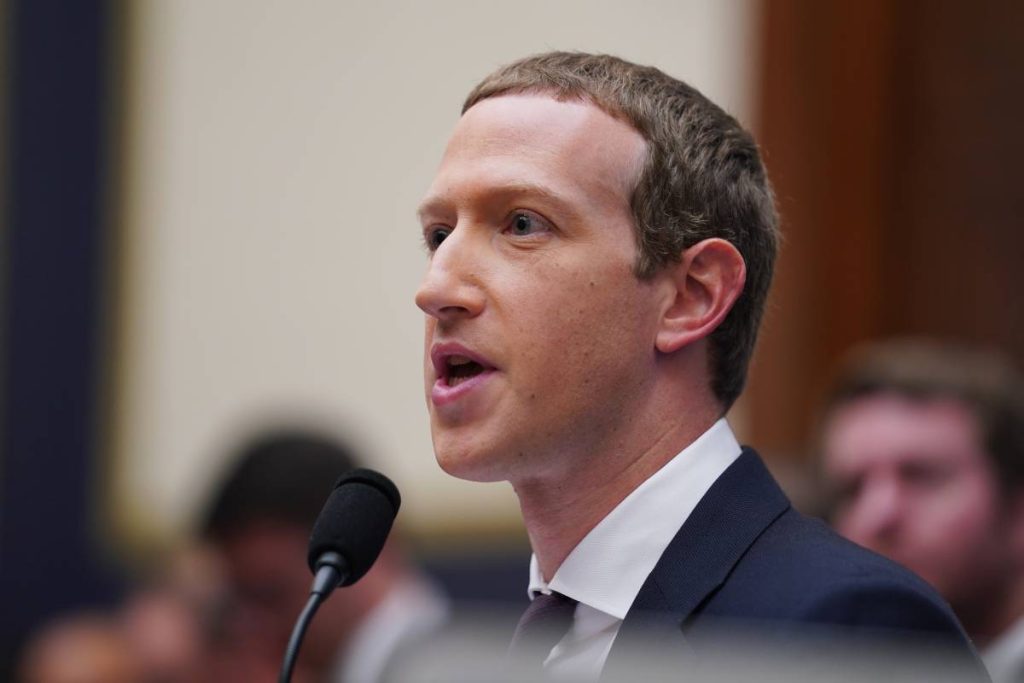
“And we laughed. The table laughed because it was – I guess it wasn’t that it was cute, it just didn’t dawn on me what it was showing, because the halo of Facebook was still there. I was working very constructively behind the scenes and continue to be a partner, even though I continue to demand better, because I felt that that’s the only option. You must publicly demand better because we are at risk. And then I just talked a little bit more about what was happening. And I asked for help. I always ask for help, because this is not within our control. That’s the thing.”
“Oh, I also spoke to (Facebook COO) Sheryl Sandberg …and she listened – Sheryl asked me to contact her. And then I never heard back. And just trying to stay alive as a digital organisation under attack and as a person.”
Facebook F8 is a mostly-annual conference for developers and entrepreneurs who build products and services around the website. It was hosted in San Francisco, California until 2016, and moved to Silicon Valley, California in 2017.
ALSO READ–Irrfan and Bhanu honoured at Oscars 2021
READ MORE-Nobel literary winner slams UK govt


